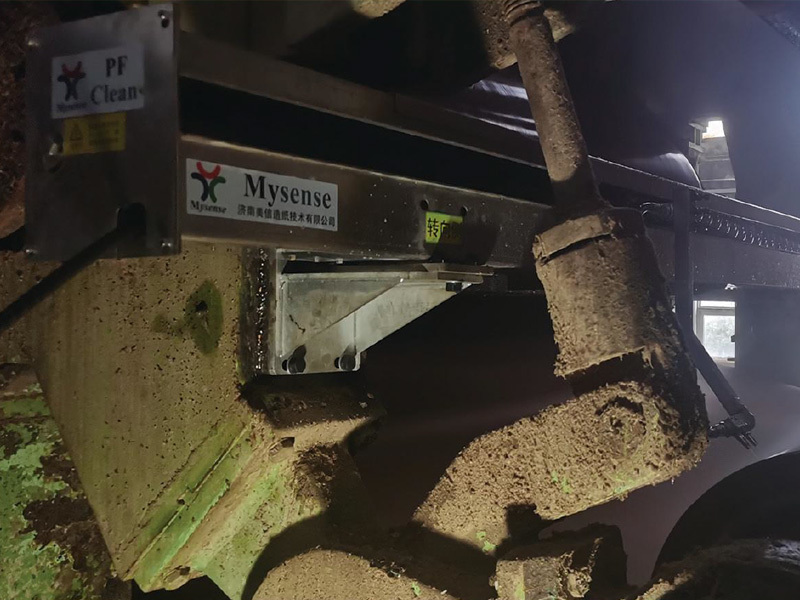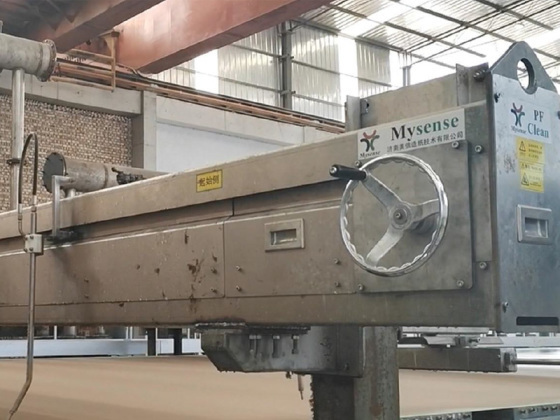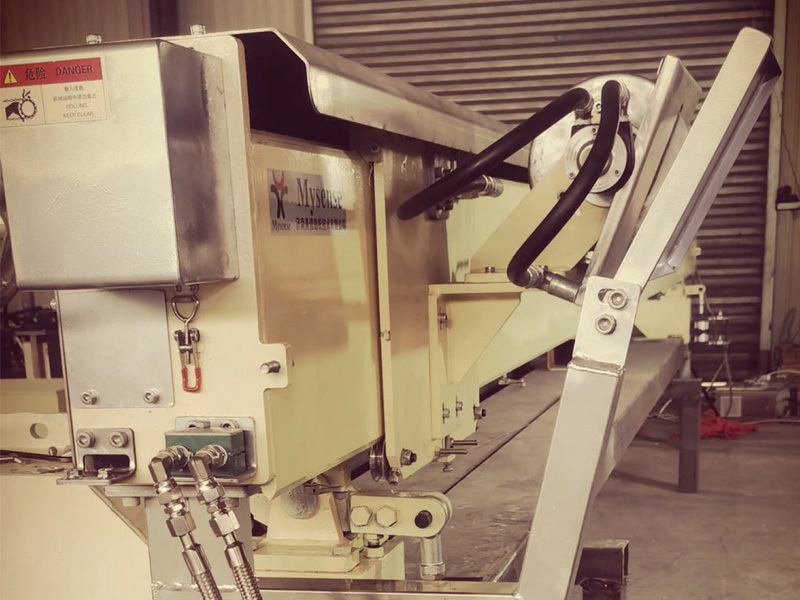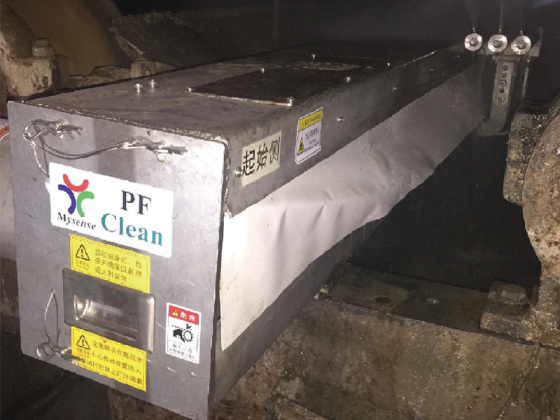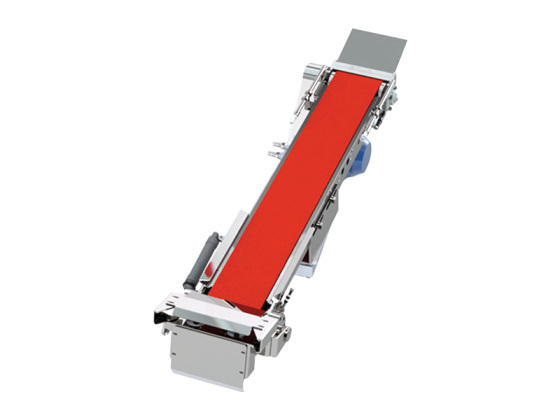Revolutionizing Hygiene: The Complete Guide to Fully Automatic Toilet Paper Rewinding Machines
Published on:
2025-03-16 11:00
---
In the realm of manufacturing and processing machinery, the fully automatic toilet paper rewinding machine stands out as a pivotal innovation. This machine plays a critical role in the production of toilet paper by streamlining the rewinding process, ensuring efficiency and consistency in quality. Understanding how these machines work and their importance can significantly benefit manufacturers and consumers alike.
At its core, a fully automatic toilet paper rewinding machine operates by converting large rolls of toilet paper into smaller, consumer-friendly rolls. This process is not merely about cutting paper; it's an intricate operation that involves several stages, including unwinding, rewinding, cutting, and packaging. The automation of these functions minimizes human intervention, which reduces labor costs and decreases the likelihood of errors.
One of the major advantages of a fully automatic toilet paper rewinding machine is its efficiency. Traditional methods may involve multiple operators and time-consuming manual processes. However, with automation, the machine can operate continuously, capable of producing large quantities of toilet paper rolls in a fraction of the time. This not only increases productivity but also enables manufacturers to meet market demands promptly.
Moreover, the precision of these machines is noteworthy. Fully automatic systems are designed to provide uniformity in roll size and weight, ensuring that each product meets quality standards. This aspect is crucial in maintaining consumer trust and satisfaction, as inconsistency can lead to dissatisfaction and brand damage.
Additionally, fully automatic toilet paper rewinding machines contribute to better hygiene standards. By minimizing manual handling, these machines reduce the risk of contamination, which is particularly important in the production of sanitary products. Furthermore, many modern machines are designed with advanced features that enhance sanitation during the manufacturing process.
Environmental sustainability is another consideration in the realm of toilet paper manufacturing. Fully automatic machines can be optimized to reduce waste, whether that be through efficient material use or energy consumption. Manufacturers can also integrate recycling processes, utilizing post-consumer waste to create new products, thereby promoting a circular economy.
When considering the investment in a fully automatic toilet paper rewinding machine, manufacturers should evaluate their production needs, the technology available, and potential returns on investment. The initial costs can be offset by the long-term savings achieved through increased efficiency and reduced labor costs.
In conclusion, fully automatic toilet paper rewinding machines are essential in modern manufacturing, providing efficiency, precision, and hygiene in the production of toilet paper. As the demand for sanitary products continues to grow, these machines will play an increasingly vital role in meeting consumer needs while adhering to quality and environmental standards.
In the realm of manufacturing and processing machinery, the fully automatic toilet paper rewinding machine stands out as a pivotal innovation. This machine plays a critical role in the production of toilet paper by streamlining the rewinding process, ensuring efficiency and consistency in quality. Understanding how these machines work and their importance can significantly benefit manufacturers and consumers alike.
At its core, a fully automatic toilet paper rewinding machine operates by converting large rolls of toilet paper into smaller, consumer-friendly rolls. This process is not merely about cutting paper; it's an intricate operation that involves several stages, including unwinding, rewinding, cutting, and packaging. The automation of these functions minimizes human intervention, which reduces labor costs and decreases the likelihood of errors.
One of the major advantages of a fully automatic toilet paper rewinding machine is its efficiency. Traditional methods may involve multiple operators and time-consuming manual processes. However, with automation, the machine can operate continuously, capable of producing large quantities of toilet paper rolls in a fraction of the time. This not only increases productivity but also enables manufacturers to meet market demands promptly.
Moreover, the precision of these machines is noteworthy. Fully automatic systems are designed to provide uniformity in roll size and weight, ensuring that each product meets quality standards. This aspect is crucial in maintaining consumer trust and satisfaction, as inconsistency can lead to dissatisfaction and brand damage.
Additionally, fully automatic toilet paper rewinding machines contribute to better hygiene standards. By minimizing manual handling, these machines reduce the risk of contamination, which is particularly important in the production of sanitary products. Furthermore, many modern machines are designed with advanced features that enhance sanitation during the manufacturing process.
Environmental sustainability is another consideration in the realm of toilet paper manufacturing. Fully automatic machines can be optimized to reduce waste, whether that be through efficient material use or energy consumption. Manufacturers can also integrate recycling processes, utilizing post-consumer waste to create new products, thereby promoting a circular economy.
When considering the investment in a fully automatic toilet paper rewinding machine, manufacturers should evaluate their production needs, the technology available, and potential returns on investment. The initial costs can be offset by the long-term savings achieved through increased efficiency and reduced labor costs.
In conclusion, fully automatic toilet paper rewinding machines are essential in modern manufacturing, providing efficiency, precision, and hygiene in the production of toilet paper. As the demand for sanitary products continues to grow, these machines will play an increasingly vital role in meeting consumer needs while adhering to quality and environmental standards.
Latest News



